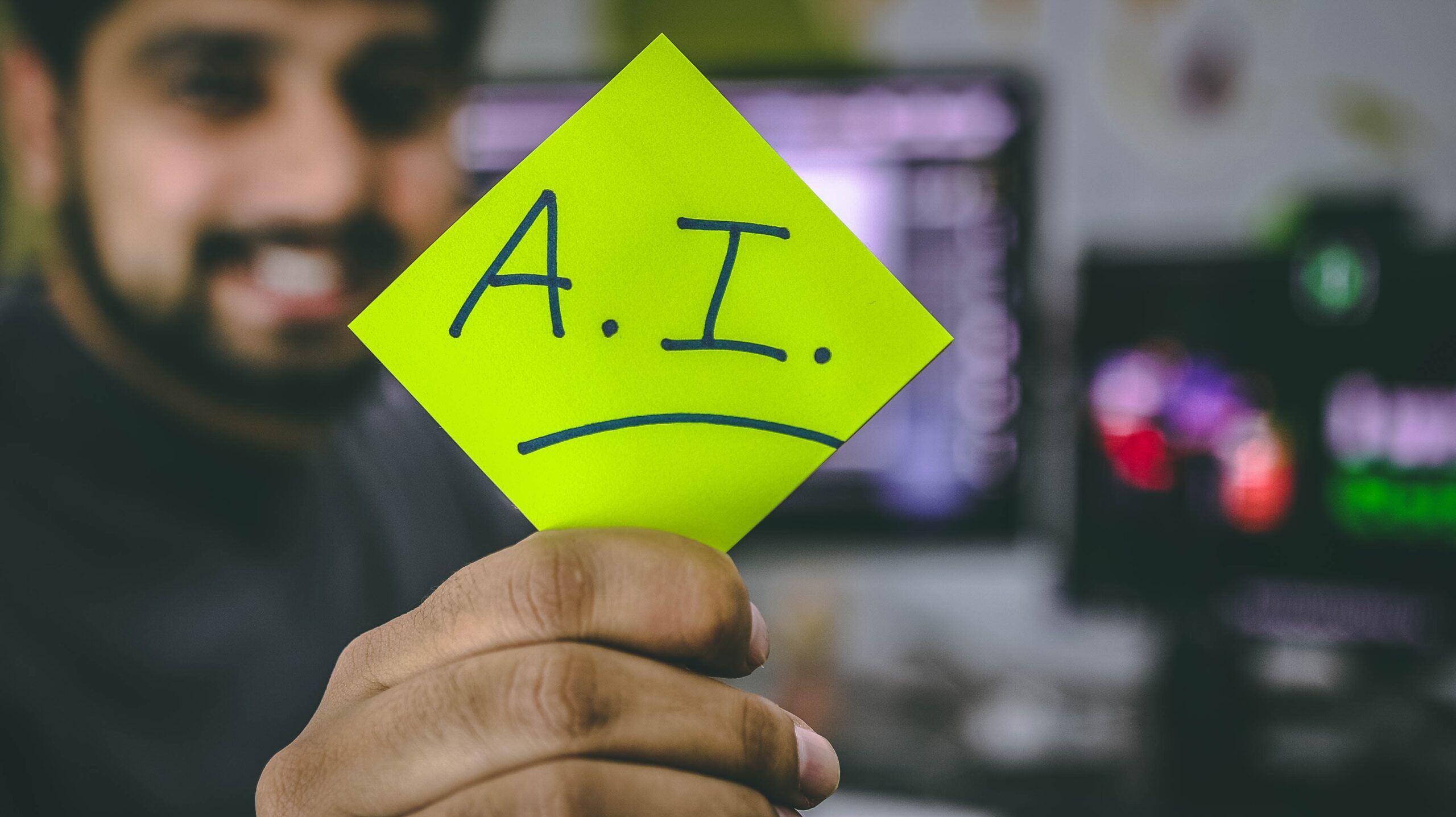
Collins Dictionary’s selection of “AI” as the 2023 Word of the Year is a testament to the transformative impact Artificial Intelligence has had on modern society. AI’s influence pervades every sector, reshaping how we interact with technology. In the digital age, where internet access is ubiquitous, AI applications like OpenAI’s ChatGPT have become household names.
Beyond the classroom where it serves as an accelerant for learning, AI’s integration into the business sphere is profound. While ChatGPT might be the first thing that comes to mind when students think of AI, the technology’s reach extends far beyond. Notably, Google’s Bard—an interactive AI—made waves by harnessing the internet, predating OpenAI’s integration with Bing.
The designation of AI as the word of the year is as intriguing as it is fitting, particularly in the context of how “AI” is perceived and employed. It’s become a buzzword, often inciting undue alarm or serving as conversational filler. Many harbor fears about AI’s potential without fully grasping its current functionalities. Although AI may possess the potential to surpass human intelligence in certain domains, it remains, for the moment, only as adept as its human creators allow it to be. The inability of AI to process emotions confines its progression, yet this limitation does not eclipse its utility.
Concerns about credibility and data privacy are indeed legitimate, especially with any novel technology. However, such risks are not unique to AI and should not inhibit the exploration and enhancement of AI solutions.
Looking forward, the forthcoming year promises significant strides in AI development—ushering in a new era of sophistication and intelligence. Concurrently, we anticipate a bolstering of safety measures, as the clamor for AI regulation grows louder. Thus, “AI” being crowned the Word of the Year is not just appropriate; it’s a harbinger of the burgeoning advancements and the surge in popularity surrounding AI applications.